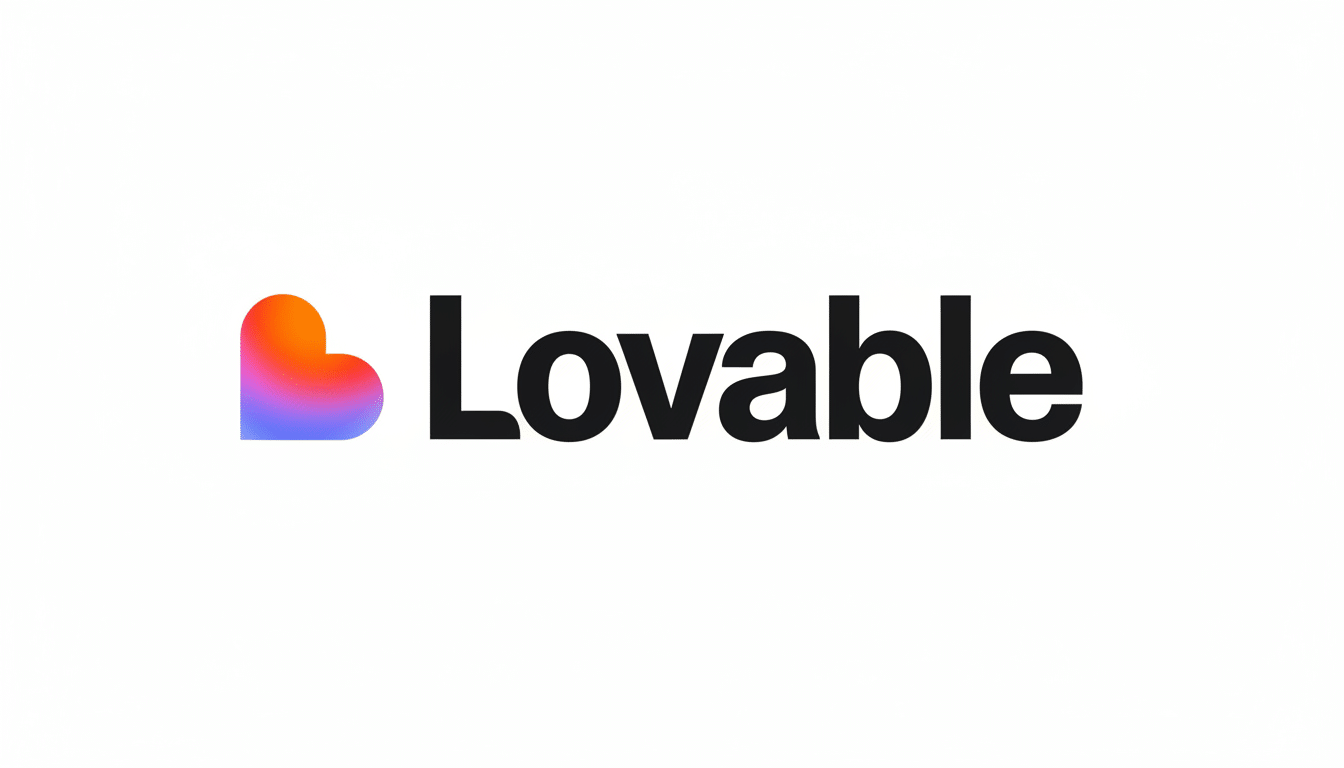Lovable, the Swedish “vibe coding” upstart, has popped to $200 million in annual recurring revenue with its founder pointing to a single decision as responsible: going European.
Addressing a large industry conference, Fresh Consulting co-founder and CEO Anton Osika positioned the milestone as evidence that a global AI software business can scale from Stockholm without having to move to Silicon Valley.

Such a trajectory is difficult to ignore. Lovable became a new ARR unicorn just some months back, so the company has essentially managed to stick $25 million or so of ARR on its books per month on average. From another angle, that’s from $8.3 million to $16.7 million in monthly recurring revenue in just one season — breakneck growth for a startup that was founded little more than a year ago.
How Europe’s competitive edge informed Lovable’s strategy
Osika said that Lovable had early on pushed back against pressure to move to the U.S., saying that Europe’s environment, less frenetic and with deeply concentrated pools of engineering talent (i.e., slightly more focused), created the conditions for execution. Basing the company in Stockholm also allowed for an intentional IRL culture at a time when many competitors were being puddled crosswise across time zones.
Investors note another contrarian approach: hiring experienced operators from Silicon Valley names like Notion and Gusto to move, and work on the ground in Sweden. It’s a reverse-talent-flow model for Accel partner Zhenya Loginov — one in which you focus product and engineering firepower in a single hub, rather than spraying it across continents.
Capital efficiency and talent density in Lovable’s model
Location has financial implications, too. European roots are therefore likely to mean lower payroll costs and operating expenses compared with Bay Area norms — a longer runway and less pressure to monetize too soon. Lower churn among engineers who prefer to work for mission-driven teams rather than switching jobs all the time is another thing that can help product velocity become more stable.
The talent pool in Europe has also deepened. Answering this question in the affirmative, the Atomico State of European Tech report has repeatedly drawn attention to a developer workforce that now numbers into millions, while AI research clusters are forming around Stockholm, Helsinki, Paris and Zurich. For an AI coding platform, that density counts: ready access to multilingual developers, compiler wonks and applied ML researchers means the iteration cycles can compress.
There is also a go-to-market kicker. A Europe-first footprint, for example, can lead to earlier access to enterprise buyers who prefer compliance and data sovereignty. Products built with GDPR-era expectations also often resonate well with procurement teams throughout regulated industries, making it easy to go from bottom-up adoption to full deployment.

Community and open source as a force multiplier
Osika credited much of Lovable’s velocity to the unusually efficacious open-source community there. On Discord and GitHub, contributors have spent thousands of hours debating implementation minutiae, raising issues, pushing pull requests — effectively turning the community into a distributed R&D engine.
That engagement manifests in tangible ways: faster fine-tuning cycles for code models, a burgeoning catalog of integrations, better localization that helps the product land in new markets without heavyweight sales. It also has a tendency to toughen the product, because real-world edge cases come up early and often.
A crowded field for AI coders intensifies competition
Lovable’s milestone falls within a white-hot category of business. Cursor, another AI coding assistant, recently announced new funding of $2.3 billion at a valuation of $29.3 billion — with Accel among backers there, too. GitHub Copilot is the new baseline in that category, and players like Replit and Codeium are continuing to give a nudge in productizing developer-centric workflows.
Lovable’s investor believes its product cadence and organizational approach are what set it apart: a highly co-located team shipping in person; a Europe-first hiring strategy that finds deep technical talent; and an open-source model which keeps the feedback loop brutally short. In a world where velocity and developer adoration multiply, those edges can be as important as capital.
What $200M ARR milestone means for European AI firms
For European founders, Lovable’s $200 million ARR milestone is a data point in favor of the old narrative that global AI companies need to be born — and based — in the Valley. The startup has raised more than $225 million, including a $200 million Series A that placed its valuation at $1.8 billion, but it has added users almost exclusively in the Stockholm area.
The road ahead won’t be simple: how it hires at scale without diluting culture, how it hardens its enterprise features for regulated buyers, and how it adapts to changing AI rules will test execution. But if Lovable’s recent pace of acceleration is any indication, building from Europe isn’t a limitation — it might be the playbook that helps it stay fast, the team stay focused, and the community close enough to help steer what goes on in real time.

